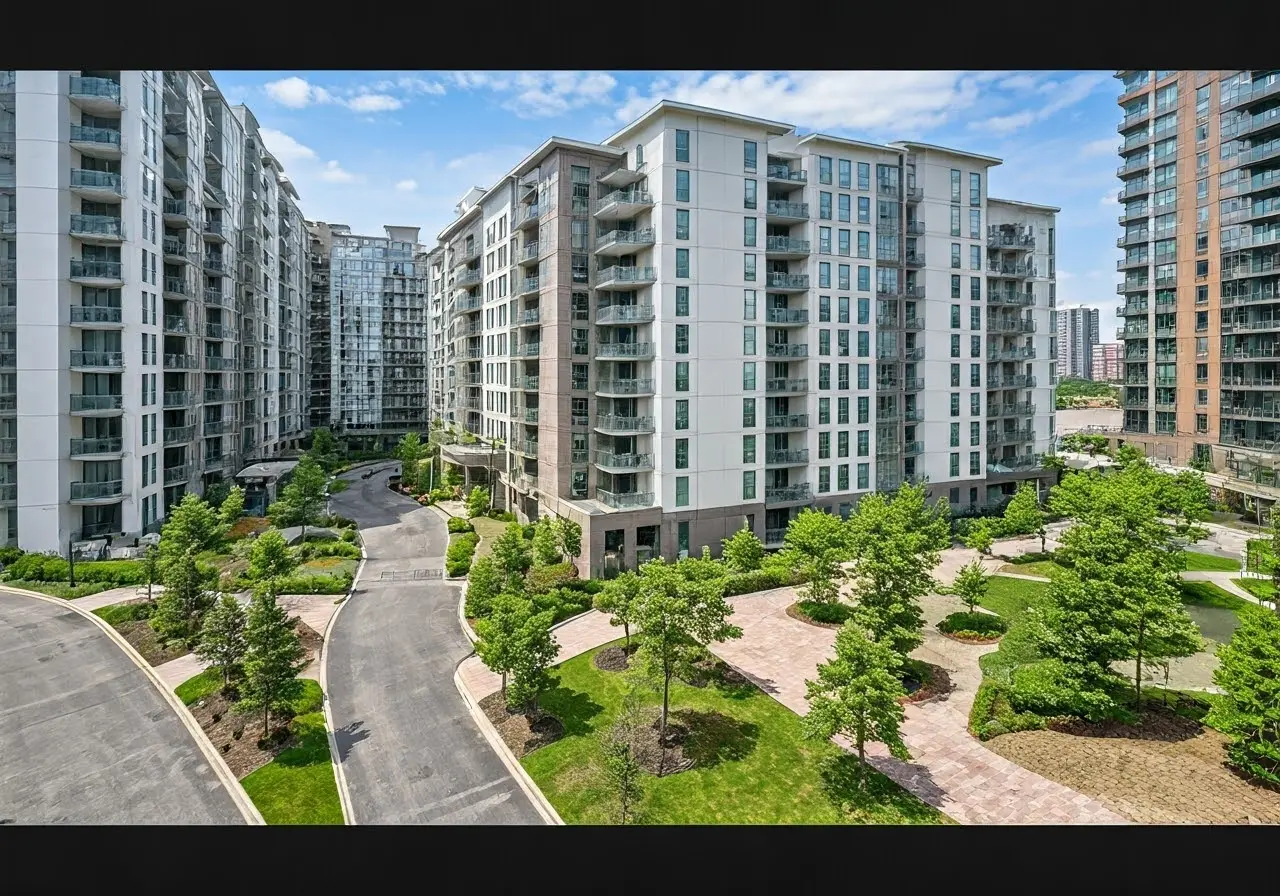Condo fees — the dreaded monthly expense that seems inevitable for every condo owner. But have you ever wondered why these fees are so high and what exactly they’re used for? More importantly, is there anything you can do to potentially lower them? Let’s dive into the factors that contribute to high condo fees and explore some possible solutions.
What Condo Fees Typically Cover
Condo fees often cover a range of shared expenses, including building maintenance, amenities, security, utilities, and reserve funds. Knowing what your fees include will help you understand their value and see where your money is going.
One of the most significant portions of your condo fees is likely allocated to the upkeep and maintenance of shared amenities like swimming pools, gyms, and common areas. These facilities require regular cleaning, repairs, and even upgrades that must be factored into the budget. Additionally, utilities such as water, heating, and electricity for common areas are another large expense. It’s also worth noting that security services, whether it’s doormen or surveillance systems, play a crucial role in maintaining a secure living environment but come at a cost.
Another critical aspect covered by condo fees is the reserve fund. This fund is a pool of money set aside for significant, future repairs and replacements of common elements such as roofing, elevators, or plumbing systems. Without a robust reserve fund, properties risk unexpected levies when these substantial expenses arise. Condo associations understand the necessity of adequately funding these reserves, which demands a portion of your monthly fee.
Factors Influencing High Condo Fees
Several factors can cause condo fees to soar. These include the age and size of the building, the number and quality of amenities, energy efficiency, and management practices. Each of these elements can significantly impact the overall cost.
Older buildings tend to have higher fees due to ongoing and necessary maintenance. As buildings age, their infrastructure might need more frequent repairs, contributing to increased costs. Moreover, historical properties might require specialized materials or techniques, further inflating maintenance costs. On the flip side, newer buildings might initially offer savings but could see fee increases as warranties expire and normal wear and tear begins to take its toll.
The quality and quantity of amenities directly affect condo fees. For example, luxury amenities such as indoor swimming pools and rooftop gardens require specialized upkeep and more resources, which contribute to higher costs. Additionally, if your building boasts a large number of amenities intended to attract potential buyers or renters, this can lead to more expensive maintenance commitments that reflect in your fees.
Analyzing the Role of Reserve Funds
Reserve funds are crucial for covering long-term and unforeseen repairs. A well-managed reserve fund ensures that unexpected costs don’t result in a sudden spike in fees. However, inadequate reserve planning can lead to hefty increases.
The importance of an adequately funded reserve fund cannot be overstated. Without sufficient reserves, unexpected expenses might lead to special assessments — unexpected one-time charges to condo owners — which can be financially burdensome. Ensuring that your condo association is maintaining an appropriate reserve fund is essential to long-term financial planning and stability.
An underfunded reserve can also lead to deferred maintenance, where repairs are postponed due to insufficient funds. This approach might save money in the short term but often results in more significant, more expensive problems later on. Hence, one of your primary concerns as a condo owner should be understanding the health of your building’s reserve fund and how it’s being managed.
How Condo Management Affects Fees
The management style and efficiency of your condo association can directly influence fees. Professional management might cost more initially but can lead to long-term savings through effective maintenance and budgeting.
A proficient condo management company can streamline operations, ensuring that maintenance is proactive rather than reactive. This means fewer emergency repairs and more consistent budgeting over time. On the contrary, poor management could result in neglected facilities, which depreciate the property value and potentially lead to higher costs. A transparent and delegative management approach, allowing condo owners to have a say in decision-making, can often lead to better outcomes.
Strategies to Lower Your Condo Fees
If you’re looking to reduce your condo fees, attending board meetings to stay informed, advocating for energy-efficient upgrades, and proposing cost-saving alternatives such as shared services or renegotiated contracts are good starting points.
Another effective approach is proposing the adoption of green practices, such as solar panels or better insulation, which might require an initial investment but could pay off with reduced utility costs over time. Additionally, encouraging your condo association to seek competitive bids for large contracts, such as landscaping and security, could reveal opportunities for significant savings.
Fostering a culture of community involvement and transparency is another successful tactic. By forming committees focused on specific issues, such as budgeting or amenities, condo owners can take a proactive role in decision-making processes. This involvement not only helps in keeping everyone well-informed but also ensures that all voices are heard when financial decisions are made.


